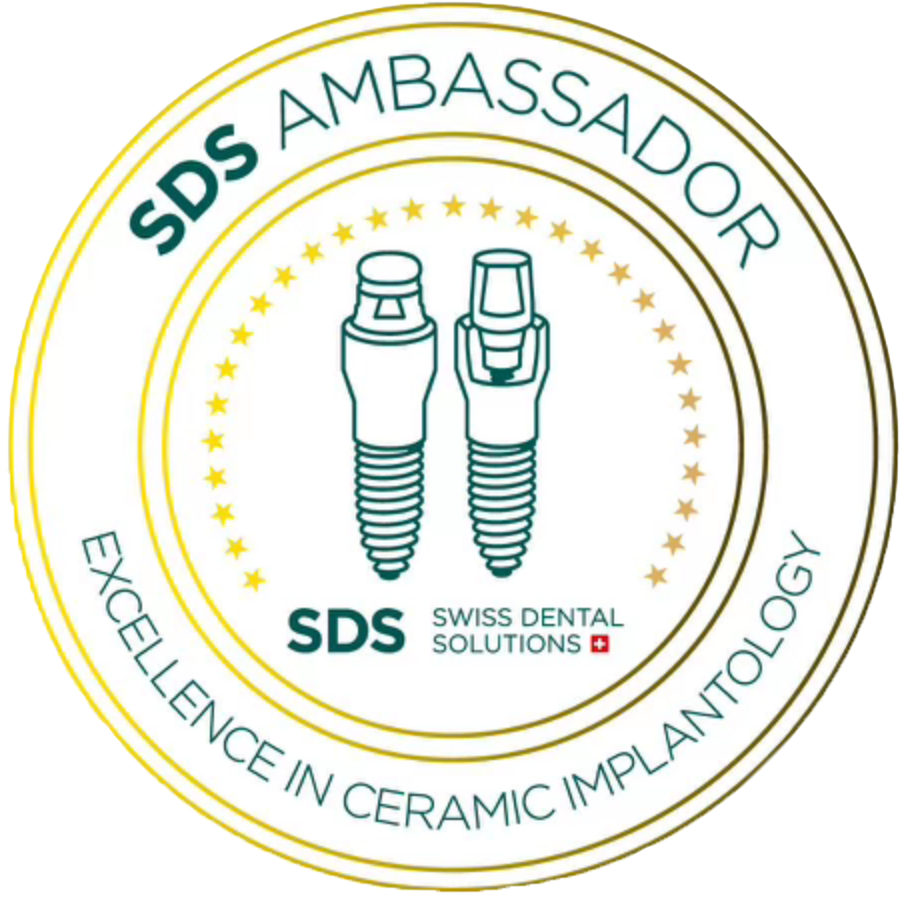What Are the Best Practices for Preventing Dental Implant Infection?
Dental implants are a reliable and long-lasting solution for missing teeth, but like any surgical procedure, they come with a small risk of infection. Post-operative infection around a dental implant, known as peri-implantitis, can lead to discomfort, implant failure, and even bone loss if not addressed early. Fortunately, most infections are preventable with the right care and habits. So, what are the best practices for keeping your dental implants clean, healthy, and infection-free?
1. Follow Post-Surgery Instructions Carefully
Immediately after your implant procedure, your dentist or oral surgeon will provide specific care instructions. These are crucial for preventing early-stage infection while your gums and bone begin to heal. Common tips include:
- Avoid smoking, as it delays healing and increases infection risk.
- Stick to soft foods to minimize pressure on the surgical site.
- Take all prescribed antibiotics and pain relievers as directed.
2. Maintain Excellent Oral Hygiene
Keeping your mouth clean is the single most important step in preventing infection. Dental implants require the same level of care as natural teeth—or even more attention in the early stages. Best practices include:
- Brush at least twice daily, using a soft-bristled toothbrush to gently clean around the implant.
- Floss once daily, using implant-safe floss or interdental brushes to reach tight spaces.
- Consider using an antimicrobial mouth rinse to reduce bacteria in the mouth.
3. Attend Regular Dental Checkups
Routine dental visits allow your provider to monitor the health of your implant and surrounding tissue. During these appointments, your dentist can:
- Check for signs of inflammation or infection.
- Professionally clean areas you may not reach at home.
- Reinforce proper cleaning techniques specific to your implant type.
Aim to visit your dentist at least twice a year—or more frequently if you’ve had a history of gum disease or other oral health issues.
4. Avoid Risk Factors That Compromise Healing
Certain lifestyle habits and health conditions can increase the likelihood of infection. To protect your implant:
- Quit smoking, as it impairs blood flow and reduces your body’s ability to heal.
- Manage chronic conditions like diabetes with the help of your healthcare team, as poorly controlled blood sugar levels can slow healing and increase infection risk.
- Limit alcohol consumption, which can interfere with healing and immune response.
5. Be Aware of Warning Signs
Recognizing early signs of infection can help prevent more serious complications. Call your dentist right away if you experience:
- Persistent pain, swelling, or redness around the implant.
- Bleeding that doesn't stop after a few days.
- Pus or discharge from the gum near the implant.
- A loose-feeling implant or unusual taste in your mouth.
Early treatment can often reverse minor infections before they progress to peri-implantitis.
Keep Your Implant Healthy for Life
Dental implants are an excellent investment in your oral health and confidence. With proper care, they can last a lifetime. By following these best practices and partnering closely with your dental team, you can significantly reduce your risk of infection and ensure your implant stays strong and stable for years to come. Have questions about implant care? Contact Shore Smiles Dental today to schedule a consultation or follow-up visit—we’re here to help you protect your smile every step of the way.


